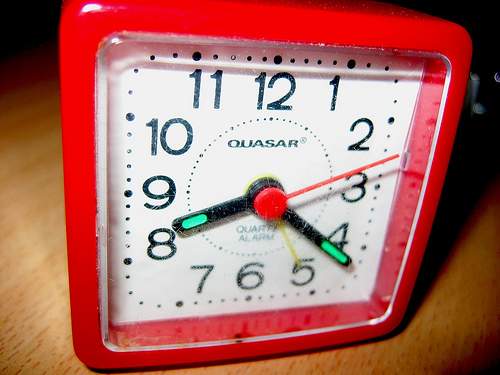The Now Effect is based on a very simple quote from a psychiatrist and holocaust survivor named Viktor Frankl. He said, “Between stimulus and response there’s a space, in that space lies our power to choose our response, in our response lies our growth and our freedom.” But for most of us that space is non-existent as the speed of the day skips right over it. From the moment we wake up, the brain already has a routine preplanned that skips over the spaces where life is unfolding. It knows that maybe after we wake up, we make breakfast, drink our coffee, read news on our phones, take a shower, get dressed and the rest of the day unfolds like this.
Philosopher Abraham Joshua Heschel said:
“Life is routine and routine is resistance to wonder.”
The most popular practice I know to take back control of our lives and step into the choices and wonders that are all around us is the S.T.O.P. practice. A few years ago when A Mindfulness-Based Stress Reduction Workbook came out I did a YouTube video of this practice and it has almost 70,000 views. A year ago when The Now Effect came out I put a more professional video out again and it already has almost 10,000 views. The reason this is so popular is because it benefits children, adolescents, adults, parents, politicians, educators, athletes, business people, and any human being. It’s necessary for healing stress, anxiety, depression, addiction, trauma and stress-related medical conditions.
The fact is, we all need to learn how to:
- Stop
- Take a few deep breaths
- Observe where we’re starting this moment from physically, emotionally and mentally
- Proceed with what actually matters.
A longer guided version of the S.T.O.P. practice was published in Mindful‘s August 2013 issue and is available online here. If you’ve heard of this practice before, allow this to be a reminder to sprinkle it throughout your day. If this is your first time hearing of it, put any judgments aside, give it a shot and allow your experience to guide you.
Here it is for you to try out right now:
Adapted from Mindfulness & Psychotherapy
READ MORE
7 Ways to Navigate Emotional Turbulence
We can’t prevent our moods from changing. We can, however, learn how to find stable ground to notice and shift our moods more consciously.
Read More
How Mindfulness Can Help You Navigate the Coronavirus Panic
Your mindfulness practice can help you mitigate not only the fear and uncertainty of COVID-19, but can even help you quit touching your face all day.
Read More










